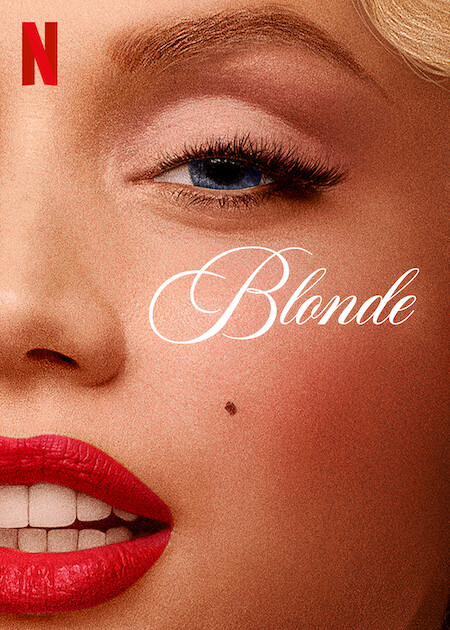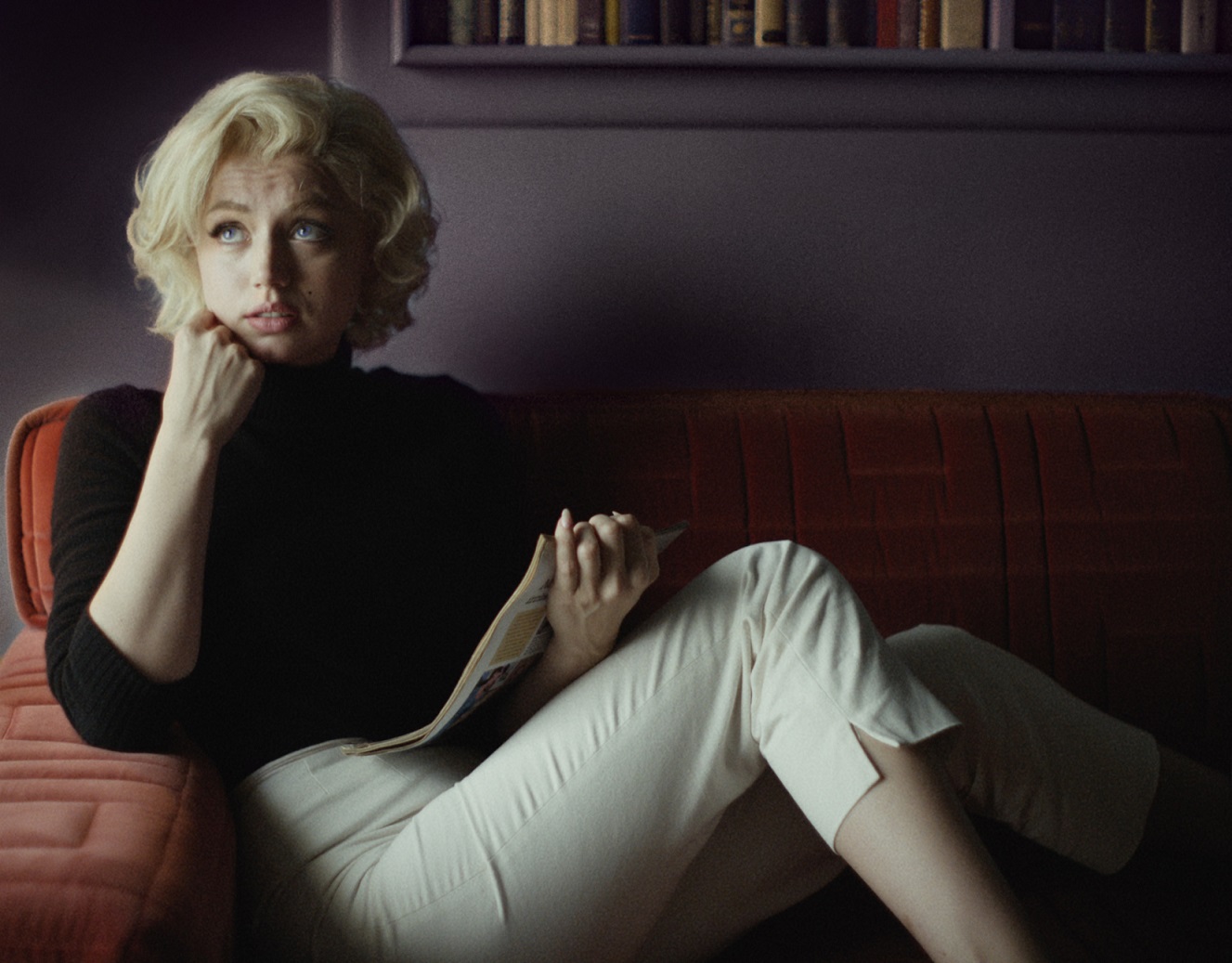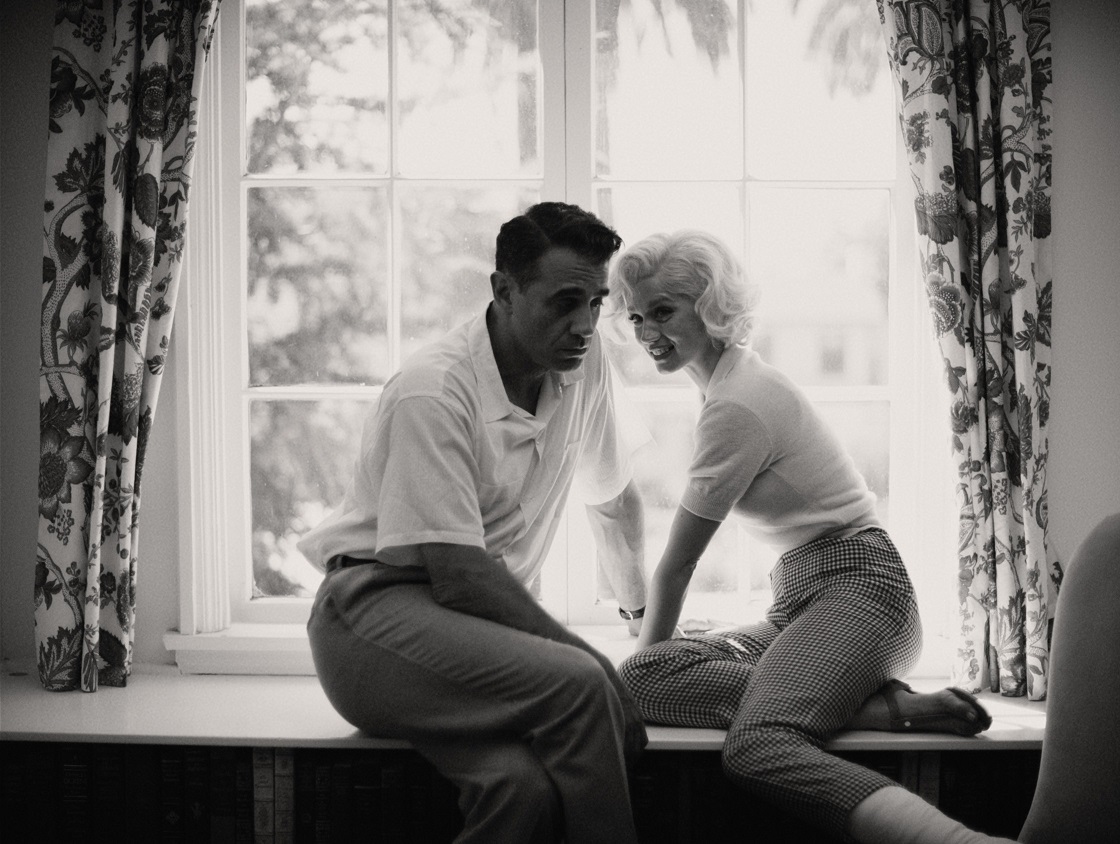 It’s hard to wait to watch a film months after its release and not be at least somewhat affected by what the public thinks about it. To say that the Marilyn Monroe biopic Blonde has not received favorable mentions is an understatement. Still everyone has opinions so it seemed possible that there might be something worthwhile about it, like Ana de Armas’ Golden Globe-nominated performance or the Oscar-shortlisted makeup and hairstyling. Seeing the NC-17 rating and the daunting 2-hour-and-47-minute runtime at the start of the film sets up certain expectations, and, somehow, this film still manages to surprise, and not in a good way.
It’s hard to wait to watch a film months after its release and not be at least somewhat affected by what the public thinks about it. To say that the Marilyn Monroe biopic Blonde has not received favorable mentions is an understatement. Still everyone has opinions so it seemed possible that there might be something worthwhile about it, like Ana de Armas’ Golden Globe-nominated performance or the Oscar-shortlisted makeup and hairstyling. Seeing the NC-17 rating and the daunting 2-hour-and-47-minute runtime at the start of the film sets up certain expectations, and, somehow, this film still manages to surprise, and not in a good way.
Blonde opens in black-and-white on a young Norma Jeane Mortensen (Lily Fisher) and her mother Gladys (Julianne Nicholson), who shows Norma a photo of a celebrity she claims is her father. Gladys quickly descends into a manic state, driving her young daughter straight towards a fire while everyone else is running the other way...
That chaotic beginning foretells what’s to come over the course of the film’s insufferable runtime, which is a directionless array of wild interactions that make its protagonist seem like she’s being dragged along through her own life with zero control over what’s happening to her.

Biopics always face a difficult challenge. Summing up a person’s life in just a couple hours is an impossible and arduous task. This film, from writer-director Andrew Dominik (The Assassination of Jesse James by the Coward Robert Ford) and based on the 2000 novel Blonde by Joyce Carol Oates, is described as a “fictionalized chronicle of the inner life of Marilyn Monroe.” Real figures in her life, like her famous husbands Joe DiMaggio (Bobby Cannavale) and Arthur Miller (Adrien Brody), and many other well-known celebrities do appear. But the fact that this isn’t actually based on real events makes its lack of coherence all the more baffling. They could have easily chosen just a few events and characters to focus on rather than following Monroe on a dizzying rollercoaster with far too many stops and frequent distracting changes in aspect ratio.
While few have argued that this is a great film, the leading lady is its most feted asset. De Armas is unquestionably a talent, standing out in small roles in films like Blade Runner 2049 and No Time to Die and holding her own opposite a stacked cast in Knives Out. She does have a certain charm here and immerses herself fully into the character, conveying a great deal of emotion and weight through her vivid eyes and smile. She couldn’t feel entirely like the real Monroe since her iconic look was so distinctive, but, with the help of the makeup and hairstyling department, de Armas does approach a sincere imitation. If the movie around her wasn’t such a mess, perhaps her performance could be worthy of celebration. Ultimately her star turn drowns in a star drowns in a film that's too long and unfocused. C-

Blonde is streaming on Netflix.